If you’re considering buying a home or refinancing your mortgage, you’ve likely noticed the chatter around mortgage rates. These rates can feel like a moving target—one moment they seem reasonable, and the next, they spike. Understanding what drives these fluctuations and how to navigate them can empower you to make smarter financial decisions. Here’s a breakdown of today’s mortgage rates and tips to help you secure the best deal.
What Determines Mortgage Rates?
Mortgage rates are influenced by a mix of global and national economic factors, along with your personal financial situation. Let’s simplify the big picture:
- The Federal Reserve’s Influence
While the Fed doesn’t directly set mortgage rates, its decisions on short-term interest rates indirectly impact them. For example, when the Fed raises rates to combat inflation, borrowing costs across the economy—including mortgages—tend to rise. - Bond Market Activity
Mortgage rates are closely tied to the yield on the 10-year U.S. Treasury bond. When demand for these bonds increases, yields fall, and so do mortgage rates. Conversely, when demand drops, yields and mortgage rates go up. - Your Financial Profile
Lenders assess your credit score, income, debt-to-income ratio, and loan-to-value ratio to determine your individual rate. A strong credit profile can qualify you for a lower rate, potentially saving you thousands over the life of your loan. - Loan Type and Term
The type of mortgage you choose—fixed-rate, adjustable-rate, FHA, or VA—also influences your rate. Similarly, shorter-term loans, like 15-year mortgages, often come with lower rates than 30-year options.
How to Lock in a Good Rate in a Fluctuating Market
The mortgage market is unpredictable, but with the right strategies, you can improve your chances of securing a favorable rate:
- Act Quickly When Rates Dip
Mortgage rates can shift daily, sometimes even hourly. If you see a rate that aligns with your financial goals, be prepared to act swiftly. - Get Pre-Approved
A pre-approval not only helps you understand what you can afford but also positions you to lock in a rate as soon as you find the right property. - Work on Your Credit
A higher credit score often means lower rates. Check your credit report for errors, pay down debt, and avoid opening new lines of credit before applying for a mortgage. - Consider Points
Paying for discount points upfront can lower your interest rate over the loan’s lifetime. While this requires more cash at closing, it can result in significant long-term savings. - Stay Flexible
If rates are higher than you’d like, consider adjustable-rate mortgages (ARMs). These often start with lower rates than fixed-rate loans but carry the risk of adjustment later.
Where to Monitor Rates and Find Help
Tracking mortgage rates doesn’t have to be overwhelming. Start by visiting trusted financial websites like Bankrate or Freddie Mac’s Primary Mortgage Market Survey for regular updates. You can also set alerts with your preferred lender to receive notifications when rates drop.
At First Western Trust, we understand that securing the right mortgage rate is a critical piece of your financial journey. Our team is here to guide you through the process, offering tailored advice based on your unique circumstances. Whether you’re buying your first home, refinancing, or exploring investment properties, we’ll help you confidently navigate the mortgage market’s complexities.
Your Next Steps
Mortgage rates may fluctuate, but your financial security doesn’t have to. By understanding how rates are determined and employing smart strategies, you can position yourself to achieve your homeownership goals.
Ready to take the next step? Contact us today to speak with one of our mortgage specialists. Together, we’ll make sure you’re prepared for whatever the market holds.

